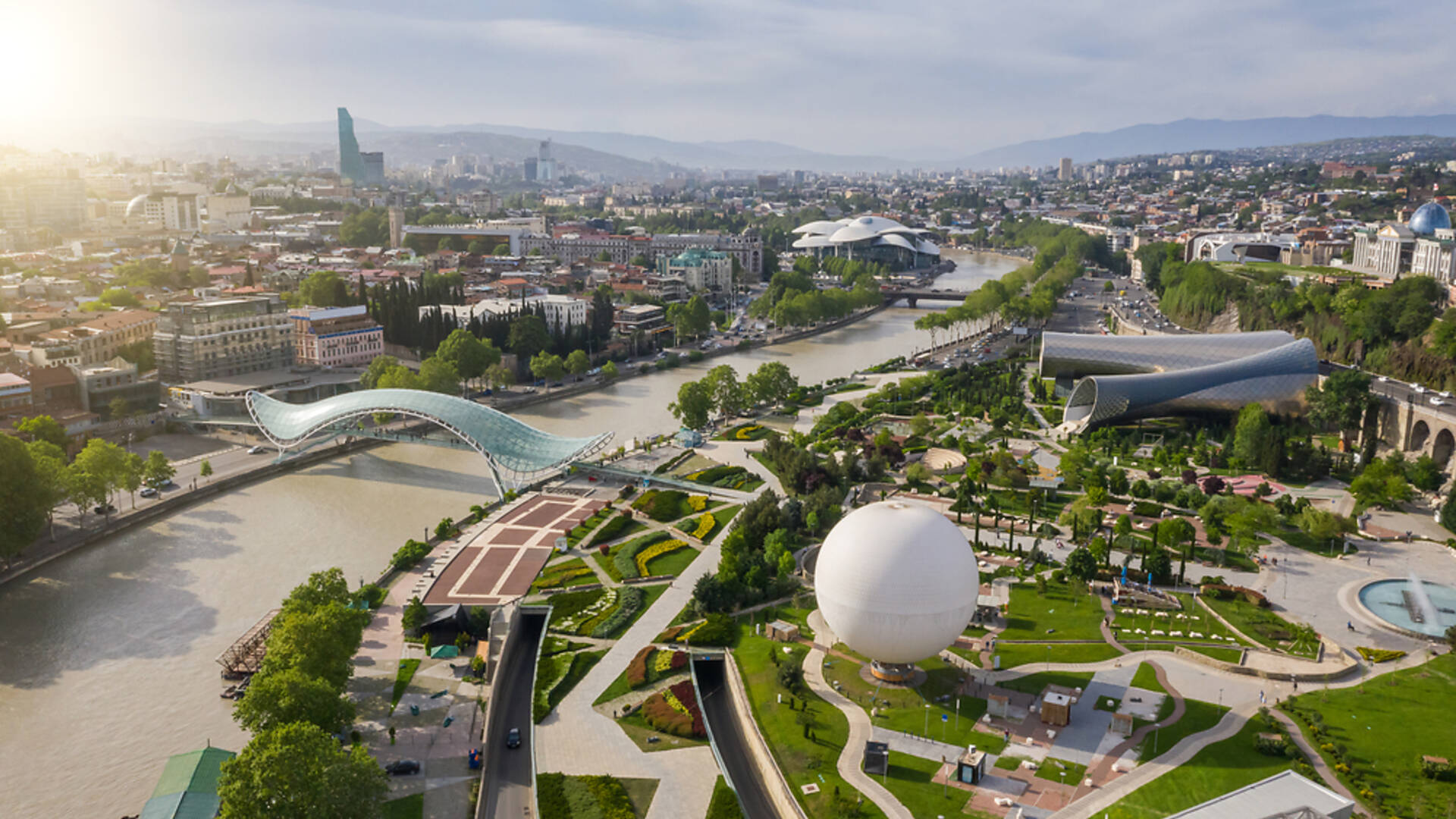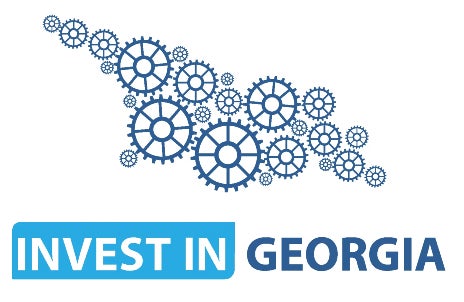
Situated at the bridge between Europe and Asia, the Caucasus region is quickly emerging as a focal point for business in the 21st century. Nestled between large international markets, and close partners with the EU, Georgia’s Government is taking steps to maximise the potential of its nascent software economy through its Innovation and Technology Agency.
Connecting a country
Improved digital connectivity was one of the five flagship initiatives for Georgia under the EU’s Economic and Investment Plan for the Eastern Partnership. At the announcement of the grant, Lasha Khutsishvili, Minister of Finance of Georgia, said: “One of the main priorities of the Government of Georgia is the development of the digital economy.”
This investment, termed the Open Net Programme, formed part of the country’s Log-In Georgia initiative, which aimed to extend the reach of affordable broadband across the country – thereby improving public services and business development opportunities. Digital and software development is further supported by Georgia’s Innovation and Technology Agency, which aspires to foster native technological developments and incorporate the latest software across all sectors of the economy.
One of the Agency’s core initiatives has been the construction of Technoparks, set up in regional hubs across Georgia. The latest hubs, opened at Batumi, Gurjaani and Kaspi in October 2020, as well as Ozurgeti as of January 2022, are designed as places for innovation to support local businesses and start-ups. The Technoparks are equipped with ‘Fablabs’, which contain the latest equipment required for modelling and prototyping, including 3D printers, 3D scanners and laser cutters. Alongside these facilities, the Technoparks provide a co-working space for freelancers and start-ups and host regular workshops to create a vibrant entrepreneurial ecosystem.
The goal is for these Technoparks to act as incubators for development and encourage collaboration between developers of all ages. The Agency also runs talent searches such as the Technology Transfer Programme 2023, encouraging submissions from across the country with selected tech proposals geared towards commercialisation.
Investing in the workforce
With 55% of Georgia’s workforce under 44 years of age, the economy is ripe for further innovation from its youthful populace. Much of the workforce is proficient in a second language, the most popular being English and German. The increasing popularity of higher educational institutions means there remains untapped potential among the youth of the Caucuses; more than 12,000 Georgians are already employed in offshore IT and business processing activities, a number that is sure to rise. Little wonder international IT and software companies including EPAM, Viber, AnyDesk, Lineat and Godel Technologies have all found a home in Georgia.
Alongside this, the government is financing new vocational education programmes to place 2,400 new students on IT courses each year. Moreover, 2022’s Innovation and Technology Camp for Students, hosted at Ilia State University, is providing support to some of the country’s top applicants to study robotics and engage in engineering competitions under the tutelage of university professors. The Georgian Government is also working hard to develop the existing workforce: it has set itself the target of upskilling 5,000 IT specialists by the end of 2023.
All of these investments support the ongoing development of Georgia’s burgeoning business economy. The most recent report from the World Bank named Georgia the world’s seventh-easiest country in which to do business, and it is also the third least tax burdened country in the world by total tax rate. Citizens of 98 countries can stay in Georgia visa-free for a year, and its free trade agreements provide access to more than 2.3 billion consumers worldwide.
The potential growth emerging from the Log-In Georgia initiative, supported by the Innovation and Technology Agency and combined with all other positive economic factors, mean investors should be taking serious note of the Caucasus region going forward.
Download the whitepaper on this page to find out more.


